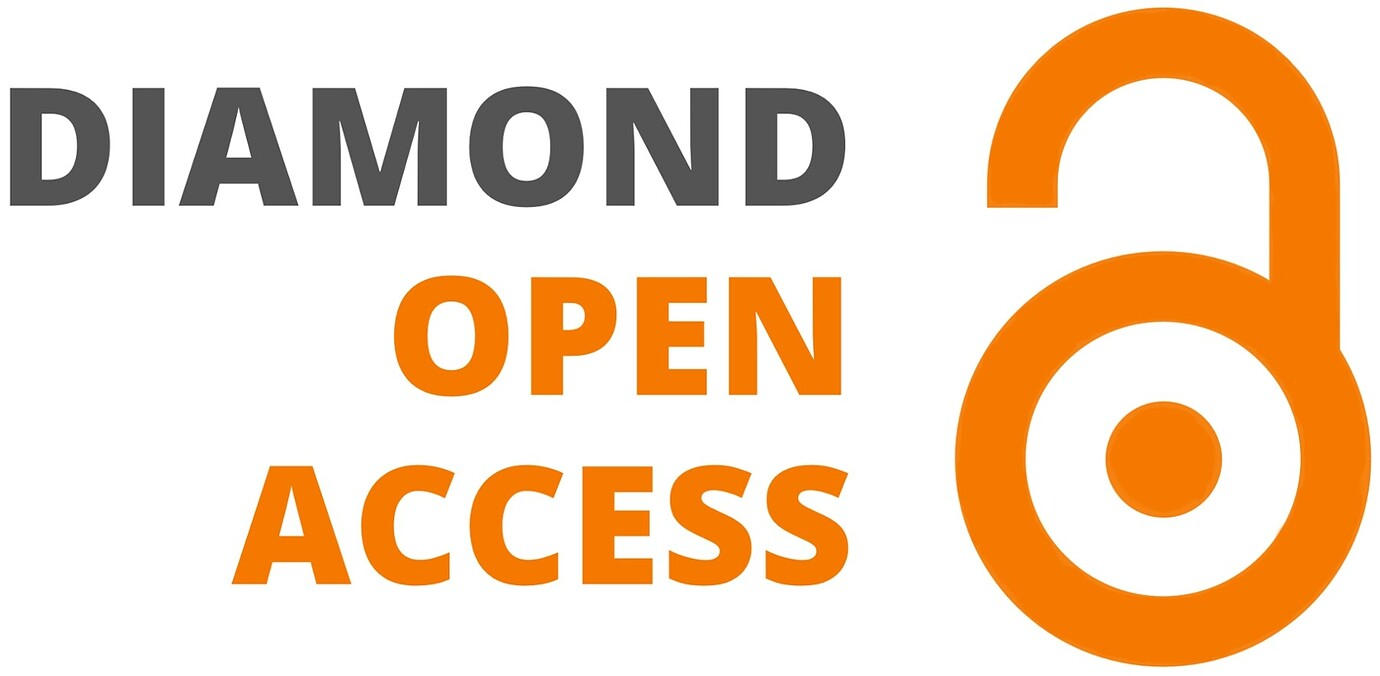Role of educators and speech and language therapists in supporting language development in daycares in Lebanon: representations and self-efficacy
Keywords:
educator, speech and language therapist, prevention, representation, self-efficacy, LebanonAbstract
Background: More and more children are enrolled in daycares. In these structures, support for children's language development is a major issue, especially for future school readiness, and academic success. To meet this need, the role of educators is central. Yet these professionals are not always sufficiently aware of the importance of the quality of interactions with children and their impact on language development. In addition, the role of speech and language therapists (SLTs) in prevention is increasingly valued, but still needs to be clarified.
Aims: This study, conducted in Lebanon, aims (1) to explore the representations and practices of daycare educators regarding their role in supporting children's language development, (2) to explore the representations of SLTs and their self-efficacy regarding their role in prevention in daycare and (3) to study the differences in the representations of these two stakeholders with regard to the role of SLTs in prevention in daycare.
Method: The data were obtained from the results of two questionnaires (one for educators, one for SLTs). They were completed by 500 educators and 200 SLTs, 13 of whom work in daycares.
Results: The findings show that the participants have overall positive representations of their role in supporting language development. However, representations of what kind of support children should receive on the one hand, and educators on the other hand, are blurred.
Conclusions: From a preventive perspective of supporting language development in daycares, clarifying the roles of educators and SLTs is necessary and should enhance the complementarity of these professionals for more effective collaboration in fostering language development in all children.




